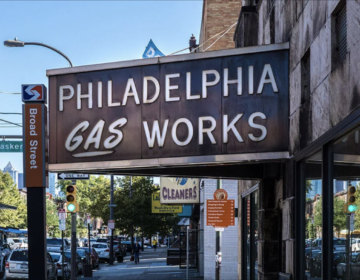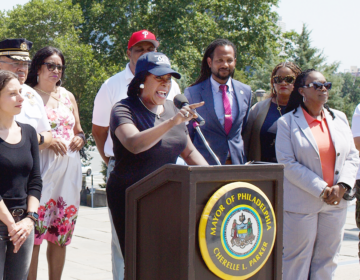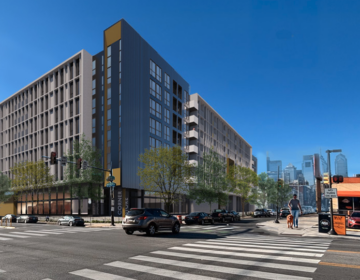Northeast’s ‘Suburban Paradise’ topic of doctoral dissertation

Matthew Smalaraz has an impressive educational background: degrees from La Salle University, an adjunct faculty position at Holy Family and a doctoral dissertation in the works at the University of Rochester — the latter struck our attention recently.
Smalarz’s dissertation, titled, The ‘Suburban’ Paradise in the City: Race, Class, and Culture in the Making of Northeast Philadelphia, focuses on the development of our fair region. We’ll follow along with the study, which is expected to extend over the next two to three years, bringing you chapter updates and thoughts from Smalarz on the research. Find his first update below: I’ve just started working on the first chapter, which focuses on the “spatial” developments within Northeast Philadelphia between its initial settlement in the 1680s to the end of 1945, and what role these early transformations in physical space had in defining its class, racial, and cultural relationships.
I principally chose this topic because I had always been intrigued by Northeast Philadelphia’s urban/suburban dynamic, depending, of course, on where one lives inside the Northeast. My initial focus centered on trying to explain why Northeast Philadelphia, during the late 1970s and early 1980s, went through a sort of existential crisis concerning the nature of governance and race, which nearly caused it to secede from Philadelphia.
When State Sen. Hank Salvatore launched his campaign to create Liberty County during this period, he essentially embodied the fears and aspirations of middle-class Northeast residents, who had grown of weary of government excess in City Hall. Spatial issues – the physical distance from City Hall and the close proximity of the Montgomery and Bucks Counties – also played a significant part in the evolution of anti-government rhetoric among Northeast residents, forming the crux of my argument.”
WHYY is your source for fact-based, in-depth journalism and information. As a nonprofit organization, we rely on financial support from readers like you. Please give today.






